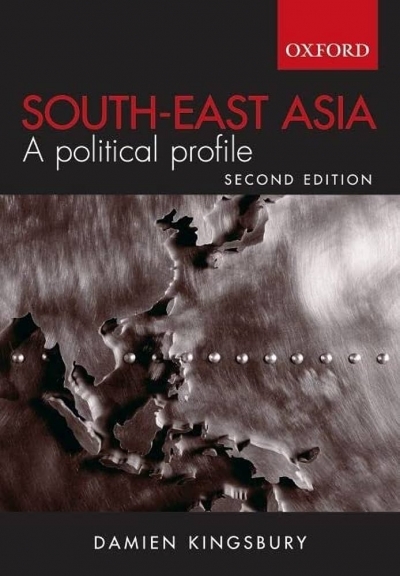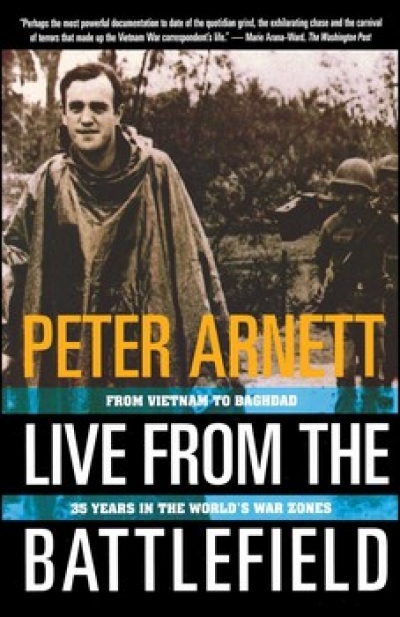Vietnam War
The Penguin Book of Australian War Writing edited by Mark Dapin
by David Day •
All Day Long the Noise of Battle: An Australian Attack in Vietnam by Gerard Windsor
by Elisabeth Holdsworth •
Australia’s Battlefields in Viet Nam by Gary McKay & On the Offensive by Ian McNeill and Ashley Ekins
by Jeffrey Grey •
Surgery, Sand and Saigon Tea by Marshall Barr & Behind Enemy Lines by Terry O'Farrell
by Hugh Dillon •
Breaking the Codes: Australia’s KGB Network 1944-1950 by Desmond Ball & David Horner
by Peter Edwards •
A Nation at War: Australian politics, society and diplomacy during the Vietnam War, 1965–1975 by Peter Edwards
by Peter Pierce •
Live from the Battlefield: From Vietnam to Baghdad, 35 Years in the World's War Zone by Peter Arnett
by Jennifer Maiden •
Vietnam Days: Australia and the impact of Vietnam by Peter Pierce, Jeffrey Grey, and Jeff Doyle
by Richard Broinowski •







